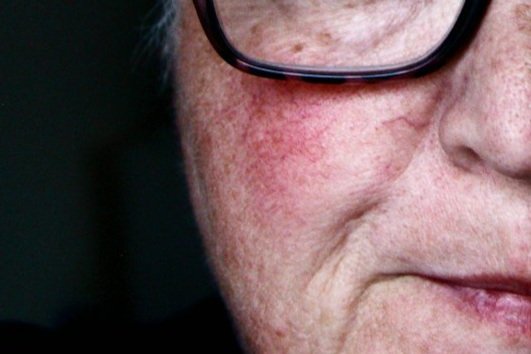Rosacea
Rosacea is a chronic skin condition that primarily affects the face, leading to redness, visible blood vessels, and often small, pus-filled bumps. Although the exact cause of rosacea is unknown, it tends to flare up in cycles and can be triggered by environmental and lifestyle factors. It typically affects adults aged 30 to 50, with fair-skinned individuals being more prone to developing the condition.
Types of Rosacea
There are four main types of rosacea:
Erythematotelangiectatic Rosacea (ETR): Characterized by persistent redness, visible blood vessels, and a tendency to blush or flush easily.
Papulopustular Rosacea: Resembles acne, with red bumps (papules) and pus-filled blemishes.
Phymatous Rosacea: Results in thickening of the skin, often around the nose (rhinophyma), and can create a bumpy texture.
Ocular Rosacea: Affects the eyes, causing irritation, redness, and swelling of the eyelids.
Common Triggers
Rosacea flare-ups can be triggered by various factors, including:
Sun exposure
Stress
Hot or cold weather
Spicy foods and alcohol
Caffeine
Skincare products with harsh ingredients
Treatment Options for Rosacea
While rosacea cannot be cured, it can be effectively managed with the right treatment plan:
Topical Medications: Prescription creams and gels such as metronidazole, azelaic acid, or ivermectin help reduce inflammation and redness.
Oral Medications: Antibiotics or low-dose oral treatments like doxycycline can help control moderate to severe cases.
Laser Therapy: Intense pulsed light (IPL) or vascular lasers can reduce visible blood vessels and redness.
Lifestyle Adjustments: Identifying and avoiding personal triggers can significantly reduce flare-ups.
Rosacea doesn’t have to control your life. With proper management, you can achieve smoother, clearer skin. If you’re in Naples or Southwest Florida and struggling with rosacea, contact our office to schedule a consultation. We’ll work with you to develop a treatment plan that works best for your skin.

